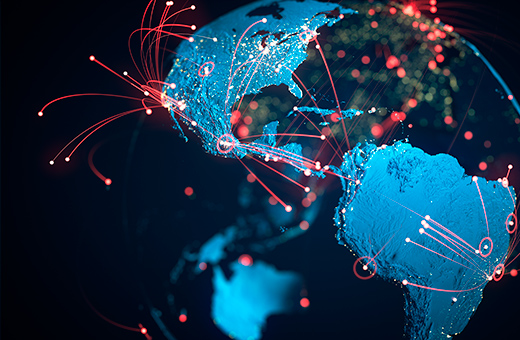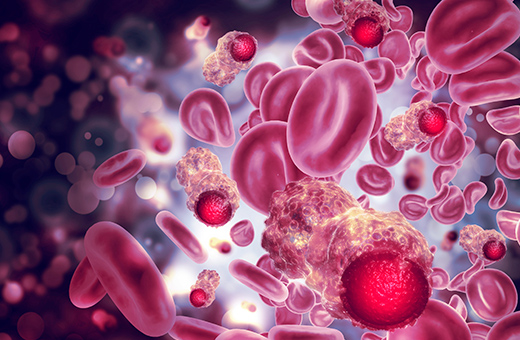Can you imagine a
car of the future
with stone
wheels?
Autonomous cars, artificial intelligence, clean energy… This is the future we hope for. Since the 18th century, vaccines have prevented disease and contributed to the development of mankind. And this progress must go on. In order not to miss the ride into the future, we invite you on a journey through time that explains the origin, development, and most importantly, the importance of vaccination for the health of all people.















